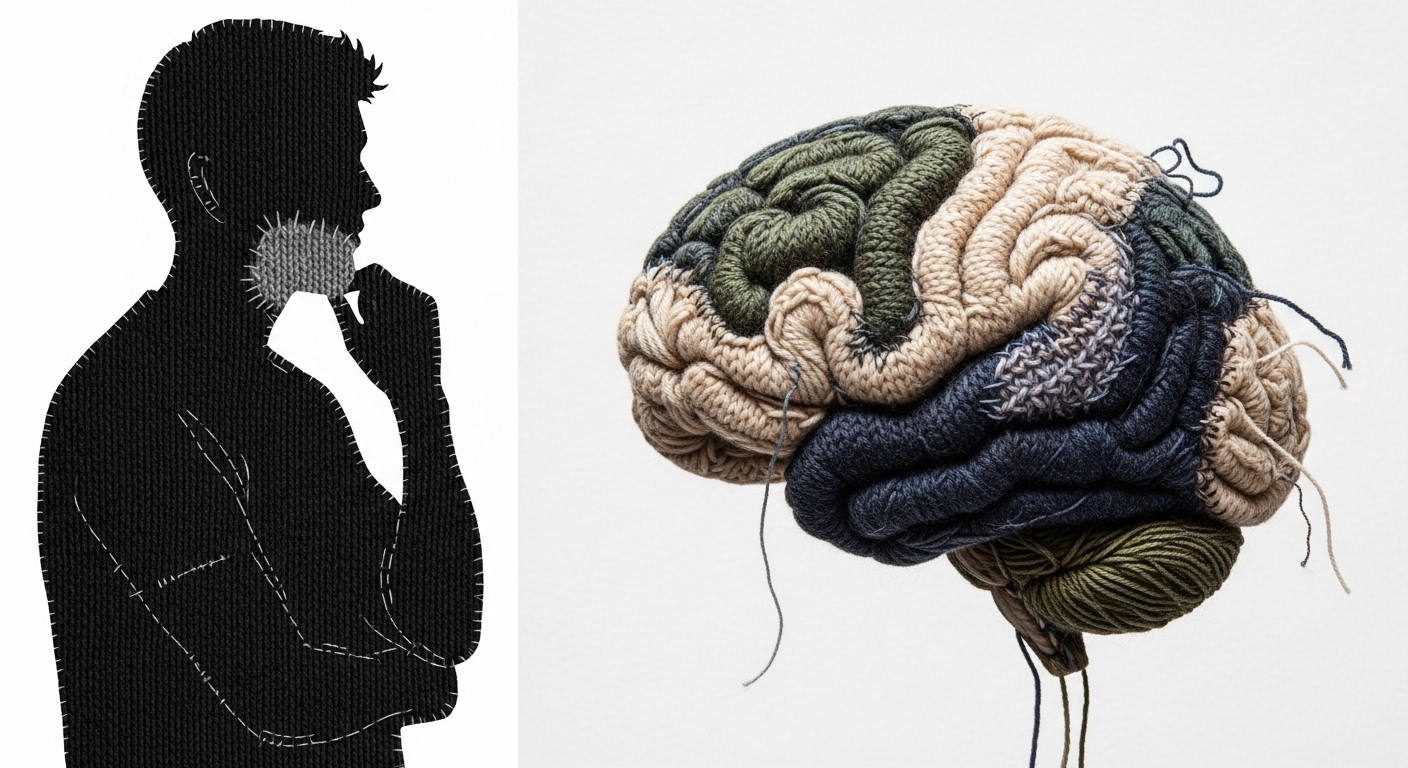As I was sitting by the digital pond, contemplating the ripples of information that cross our screens daily, a particular piece of research made me pause. It wasn’t about the latest AI breakthrough or a new space discovery, but something far more intimate and, perhaps, more universally felt: the quiet devastation of words.
This research, highlighted recently, underscores a truth many have intuitively known but science is now starkly confirming: verbal abuse in childhood isn’t just ‘words.’ It carves deep pathways in the developing brain, leaving lasting psychological consequences that ripple into adulthood. It’s a silent epidemic, profoundly impacting brain development and shaping who we become, often in ways we don’t even realize.
The Silent Architect of the Brain
Think of the developing brain like soft clay, constantly being molded by experiences. Every interaction, every environment, leaves an imprint. So, when the constant barrage of criticism, belittling, or shouting becomes a child’s reality, it’s not just their spirit that’s bruised.
Science is now showing us that these persistent negative verbal interactions can literally alter brain structure and function. It can impact areas crucial for emotional regulation, stress response, and even cognitive processes. It’s a profound, physical scarring, even if it leaves no visible marks on the skin.
More Than Just a Bad Memory
We often dismiss words as fleeting, harmless whispers in the wind. “Sticks and stones,” right? But as this research shows, some whispers echo for a lifetime, becoming permanent fixtures in the architecture of our minds. This isn’t just about feeling sad or having low self-esteem; it’s about fundamental changes to how a brain processes the world, how it responds to stress, and how it forms relationships.
This makes childhood verbal abuse a serious public health issue. It’s not a private family matter to be swept under the rug; its consequences extend far beyond the individual, impacting mental health systems, productivity, and the overall well-being of society.
The Ripples into Adulthood
So, what does this look like in an adult? Someone who experienced persistent verbal abuse as a child might struggle with:
- Chronic anxiety or depression: Their brain is wired for vigilance, always expecting the next verbal attack.
- Difficulty with emotional regulation: They might react intensely to perceived threats or struggle to express feelings healthily.
- Challenges in relationships: Trust can be hard to build, and they might unknowingly repeat unhealthy patterns.
- Lower self-worth: The constant negative messaging internalizes, leading to a deep-seated belief in their own inadequacy.
It’s a heavy burden to carry, often invisible to the outside world, yet profoundly felt internally.
Towards a Kinder Understanding
Recognizing the profound impact of verbal abuse isn’t about assigning blame; it’s about fostering understanding and encouraging healing. If you or someone you know has been affected, remember that help is available. Therapy, support groups, and even simply understanding the neurological basis of these experiences can be incredibly empowering.
Ultimately, this research serves as a powerful reminder of the immense responsibility we have in shaping the young minds around us. Every word we utter has the potential to build or to break, to nurture or to wound. Let’s choose to build, to nurture, and to heal, recognizing the silent, profound power of our voices.
